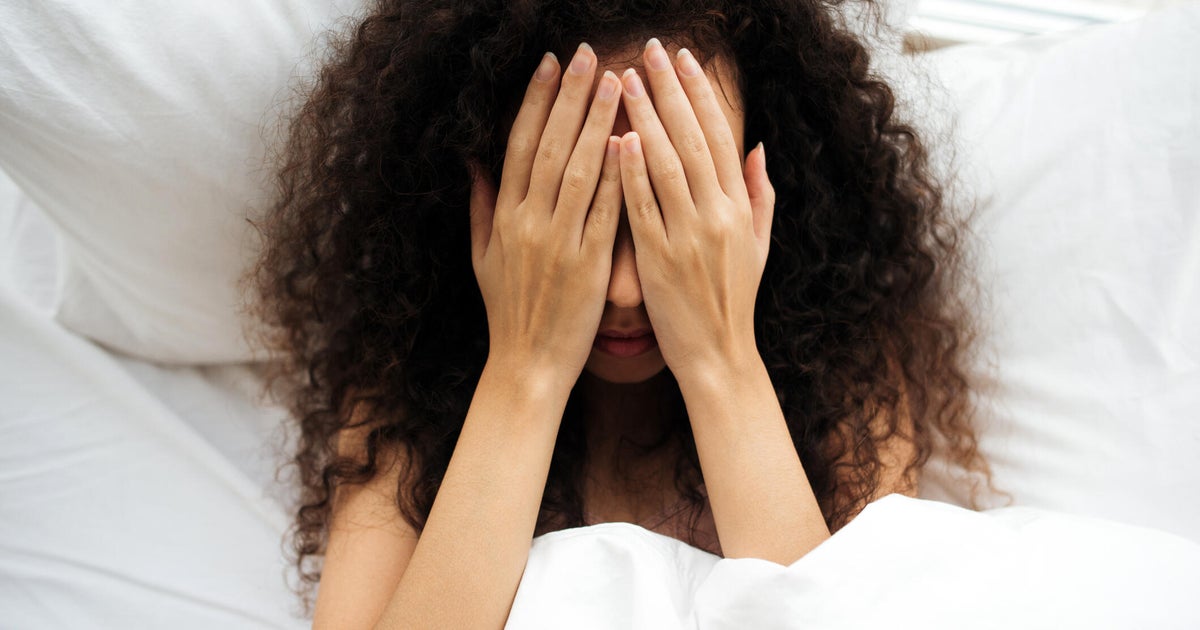Midnight Snacks & Mind Movies: Eating Habits May Shape Night-Time Experiences, Says Large Campus Survey
A new web-based poll carried across university dormitories and lecture halls has added fuel to an age-old anecdote—that what you wolf down before lights-out can linger long after you’ve brushed your teeth, influencing not just how easily you drift off but the very stories that play behind closed eyes.
Quick Facts at a Glance
- Sample size: 1,082 college students, January–April 2023
- Source: Frontiers in Psychology, published early this week
- Top sleep disruptors: desserts & sweets, spices, dairy products
- Top sleep helpers: fruit, herbal tea, vegetables
- Dream influence: 5.5 % of respondents said food colored their dreams
Which Foods Took the Blame—or Credit—for Broken or Blessed Slumber?
When asked to weigh in on more than a dozen food categories, roughly two out of every five respondents believed their eating patterns left a clear imprint on nightly rest. Close to a quarter pointed out at least one category as a certified “sleep wrecker,” while one in five praised certain choices as “sleep promoters.”
Desserts and sweets, along with spicy dishes and milk-based treats, sat firmly in the villain’s camp. Meanwhile, simple, plant-forward fare such as fresh fruit cups, peppermint or chamomile infusions, and colorful vegetable plates won over the campus crowd as gentle lullabies for the stomach—and the brain.
The Dream After-Dinner Show
Among the smaller slice of participants who felt their midnight menu leaked into dreamland, nightmares took center stage. Sugary confections shouldered 31 % of bad-dream reports, while dairy landed 22 %. Researchers interpret this link through a biological lens: people with lactose intolerance frequently experience nocturnal discomfort that may manifest as jarring imagery once REM sleep kicks in.
Digestive Drama → Disrupted REM?
Gas, cramping, or bloating originating in the gut while you snooze could tug at dream scripts without ever waking you fully, the survey team suggests. In other words, the body’s late-night rumble may translate into cinematic scenes of fleeing, falling, or other fright-fueled episodes.
Limitations & Lookouts
The study carries the caveat common to student-focused research: participants were enrolled in psychology classes and therefore more attuned to mind-body connections. Prior exposure to theories about food and sleep might have colored their self-reports. Still, scientists flag the findings as a springboard for controlled trials designed to separate genuine physiological effects from the psychological power of suggestion.
Key takeaway? If you’re hunting for sweeter dreams tonight, you might start by re-thinking your midnight snack tray.




